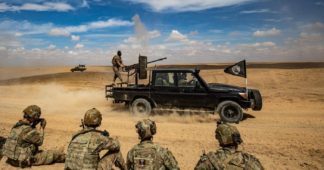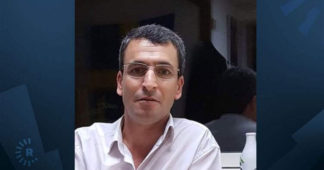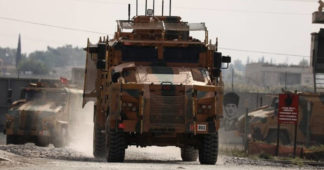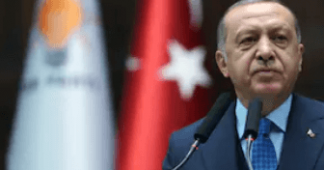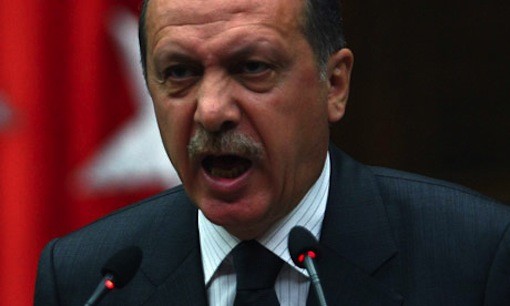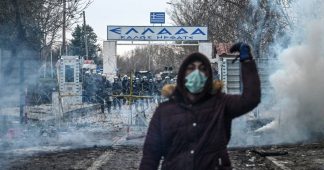According to Murat Karayilan of the PKK, the Kurdish militant group refused to fight the Syrian government at the start of the war
February 06 2023
A top commander in the Kurdistan Workers’ Party (PKK) militant group, Murat Karayilan, told Kurdish television in an interview aired on 2 February that in 2013, Turkiye attempted to enlist the PKK’s Syrian branch, the People’s Defense Units (YPG), to aid Ankara in overthrowing the Damascus government.
Karayilan told the PKK-affiliated news network Sterk TV that Ankara promised the Kurdish group that it would give it ‘anything it wanted’ if it helped Turkiye and the Turkish-backed opposition topple the government of President Bashar al-Assad.
“Back then, the Turkish state asked the Kurds to fight Damascus. I know that it said ‘If you control Qamishli and the border crossing with Turkiye, we will give everything. Then go to [Sheikh] Maqsoud in Aleppo and fight the regime so that Aleppo is destroyed.’ They [Turkiye] wanted to destroy Aleppo so that they could head to Damascus,” the Kurdish commander said during the interview.
“Kurds did not accept this … Kurds insisted not to fight Syria, otherwise Syria would be destroyed,” he added.
Karayilan claimed that this was why President Recep Tayyip Erdogan ‘changed his policy’ towards the group, as prior to 2013, the organization’s representatives had been in talks with Ankara to mend long-soured relations.
The Turkish state and the PKK have been sworn foes for decades. Conceived as a political organization in Turkiye in the late 1970s, the group’s armed wing was formed not long after and has been engaged in guerilla warfare against Ankara since.
Outlawed in Turkiye, the PKK operates illegally southwest of the country, as well as in northern Iraq and Syria, through its Syrian branch, the YPG, which is military aligned with the US-backed Kurdish militia, the Syrian Democratic Forces (SDF). In Iraq, Turkiye regularly launches cross-border operations and bombing campaigns against the group in violation of Iraqi sovereignty.
In Syria, there has been a five-year Turkish military occupation north of the country under the pretext of securing the Turkish border and preventing Kurdish military activity against Ankara. For months, Turkiye has threatened a ground offensive across the north against Kurdish militants. As a result, there has been increased dialogue between the Syrian state and the Kurds in the SDF.
So far, however, as Turkiye is engaged in a dialogue process aimed at reconciling ties with Damascus, the ground offensive has yet to materialize, as some analysts and experts have suggested that Turkiye is serious about reaching a solution and eventually withdrawing its forces from Syria.
Despite this, many – including the Syrian government itself – have claimed that Turkiye’s presence in Syria represents a ‘colonial’ venture.
It is currently unclear how fruitful the reconciliation process between Damascus and Ankara will be, as Turkish officials have made different contradictory statements since the talks began.
We remind our readers that publication of articles on our site does not mean that we agree with what is written. Our policy is to publish anything which we consider of interest, so as to assist our readers in forming their opinions. Sometimes we even publish articles with which we totally disagree, since we believe it is important for our readers to be informed on as wide a spectrum of views as possible.
